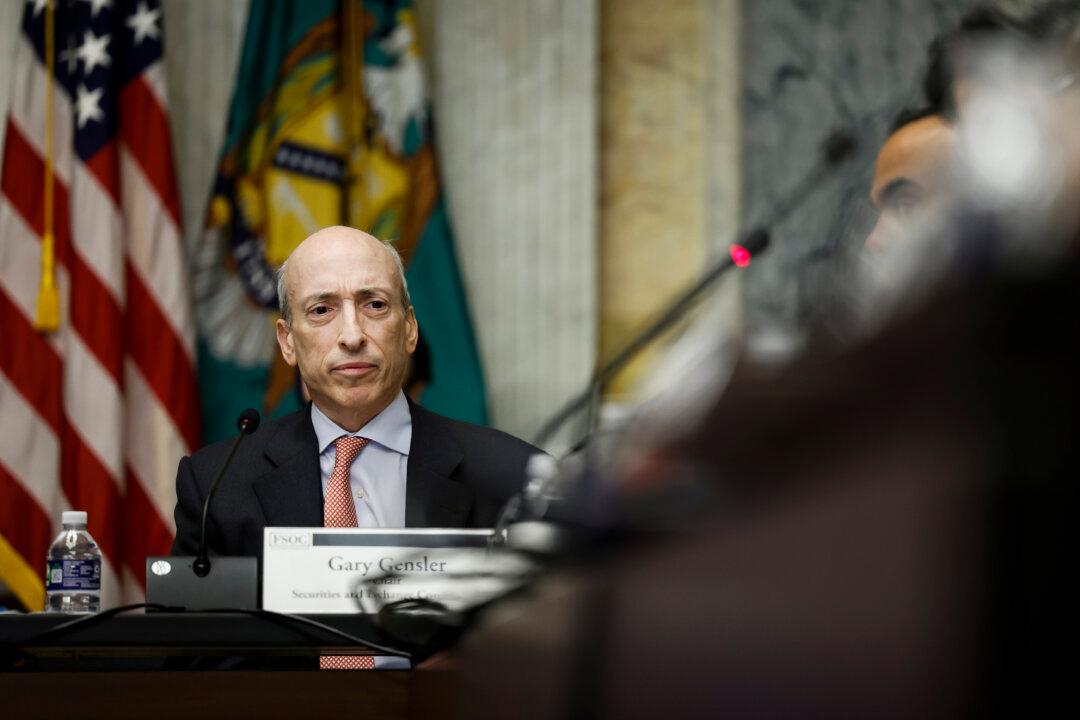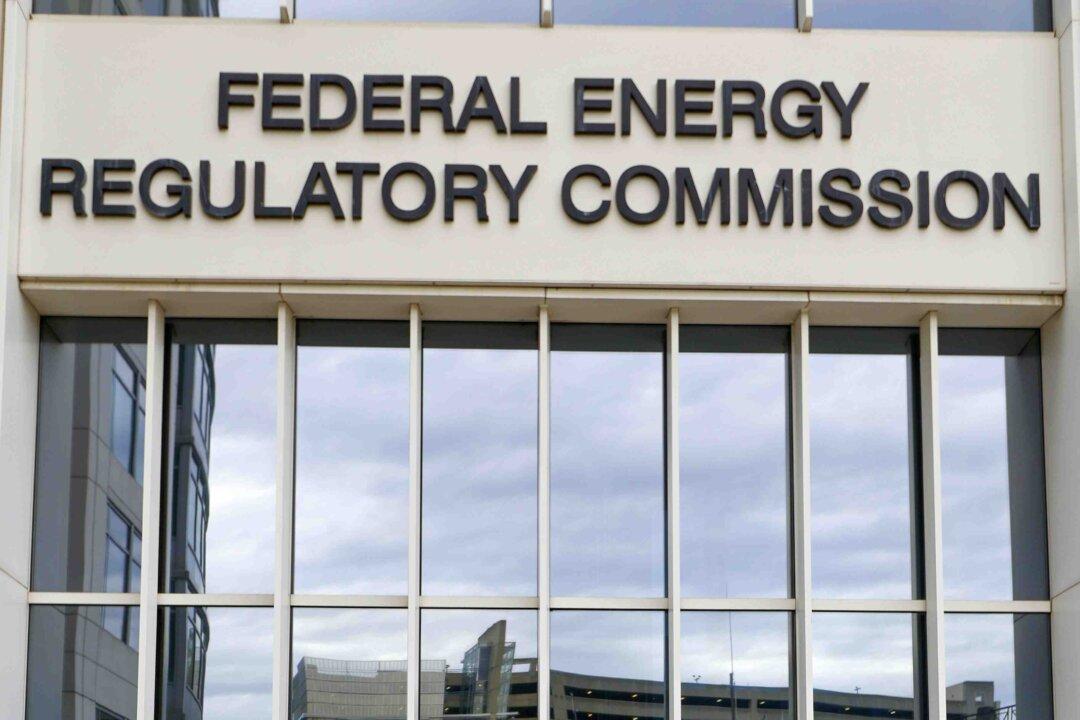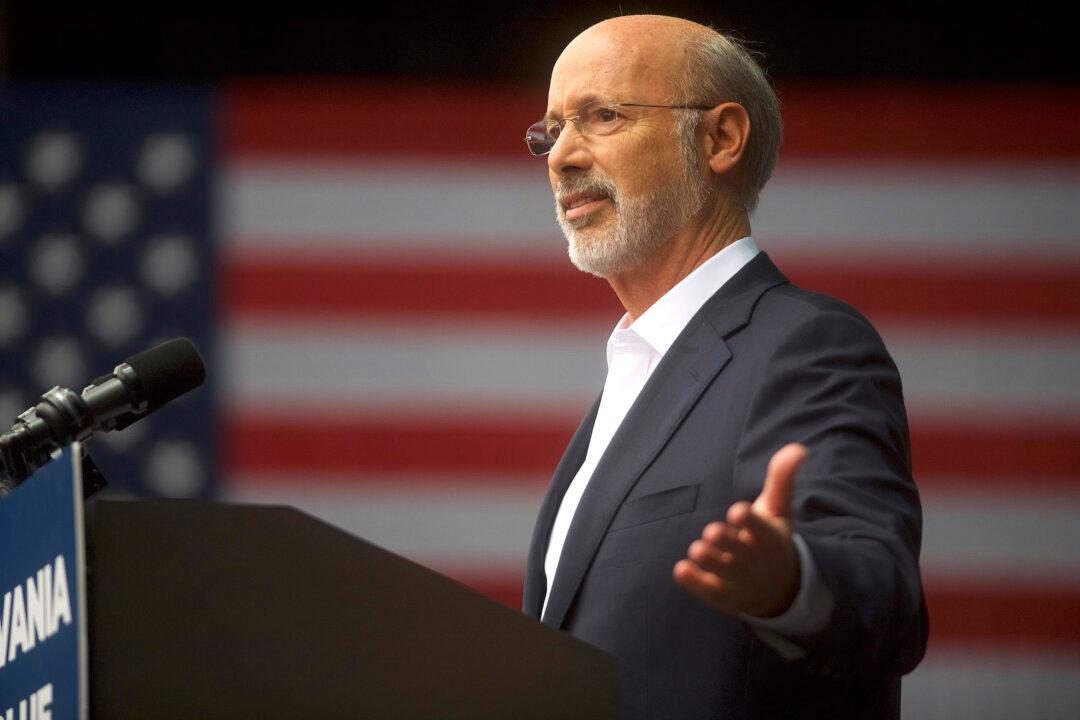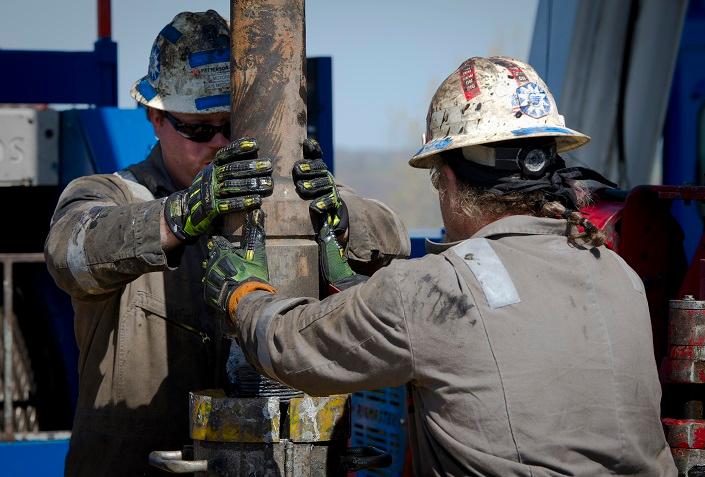Automobile consumers stand to benefit from the Trump administration’s proposed reforms of federal fuel and emissions mandates, according to energy-policy analysts and free-market advocacy groups.
Some of the free-market groups that signed off on a coalition letter submitted to President Donald Trump on April 6 in support of the regulatory change have argued that it doesn’t go far enough, while environmental activists claim Trump’s proposal will jeopardize public health and safety.





